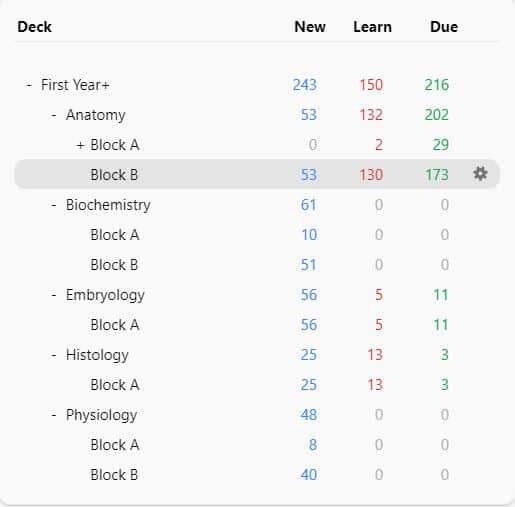As a first-year medical student, I learned that studying effectively is crucial to success. But did you know that traditional learning methods like rereading, highlighting, and summarizing aren’t the most effective? In fact, research shows that active recall is the game changer you need to boost your memory retention and exam performance.
If rereading, highlighting, and summarizing don’t produce results in your study sessions, What actually works? The most effective methods I’ve discovered are active recall and the Feynman technique. Together, they can transform your study routine into something far more efficient and rewarding. I’ve already written about the Feynman technique, which is a mind-blowing guide. Today, we’ll focus on active recall.
The Theory and Evidence Behind Active Recall
Many of us believe that learning happens best after thoroughly absorbing all the information and testing ourselves. It seems logical, right? Well, this approach is less effective than you might think.
Active recall involves continuously testing yourself throughout your study process. By actively retrieving information from your brain, you strengthen your memory and improve your understanding of the material. This isn’t just a theory—there’s solid evidence backing it up.
A comprehensive 2013 study that reviewed numerous revision techniques found that active recall, or practice testing, had “high utility.” This means it’s highly effective and easy to implement. The study highlighted that practice testing works across different formats, subjects, and age groups.
A study from 2011 is compelling regarding active recall. In this study, students were divided into four groups, each given different instructions on how to learn the same material:
- Group 1: Read the material once.
- Group 2: Read the material four times.
- Group 3: Read the material and then make a mind map.
- Group 4: Read the material once, then recall as much as possible.
The results were precise. The group that practiced active recall outperformed all other groups in factual recall and conceptual understanding. This demonstrates that even a single session of active recall can be more effective than multiple readings.
So why don’t we naturally gravitate toward active recall? It’s simple—active recall is hard work. It’s mentally taxing compared to the ease of rereading. But much like
Lifting heavy weights builds muscle faster, the cognitive effort of active recall strengthens your brain’s ability to store and retrieve information.
How to Apply Active Recall:
If you are curious about how to apply active recall to your studies, you must be surprised because applying active recall doesn’t require complicated strategies. Here are three straightforward methods to incorporate it into your studies:
1. Closed Book Notes Taking:
Instead of copying notes directly from your textbook, try learning a topic and writing down everything you remember with your book closed. Afterward, check your notes against the textbook and fill in any gaps. This active recall studying method was particularly effective for me during my pre-med exam. I would create flow diagrams of complete chapters on a single sheet of paper from memory and then refine them with the lecture notes I had already taken.
2. Question Based Notes:
Instead of traditional note-taking, write questions based on your study material. This active recalling method forces you to actively engage with the content and retrieve information, strengthening your understanding and recall. This method is similar to the Cornell Note-Taking system, where you write questions alongside your notes and test yourself regularly.
3. Using Anki Flashcards:
Anki is a powerful flashcard app that incorporates both active recall and spaced repetition. You can create custom flashcards and regularly test yourself. Anki adapts based on your performance, ensuring that you focus more on complex topics. This active recall study method was invaluable for memorizing upper and lower limb anatomy in my first year of med school and exam preparation. You can see my Anki dashboard.

The Cons of Active Recall:
The only downside of active recall? It’s hard work. Continually testing yourself requires cognitive effort, which can be disheartening when you struggle. But persevere, and you’ll thank yourself later.
Conclusion:
Active recall is a game-changer for effective studying. It’s backed by extensive research and has proven to enhance memory retention and academic performance significantly. Although it requires more effort than passive techniques like rereading or highlighting, the results are well worth it.
Start small by incorporating one of the active recall studying methods mentioned above into your study routine. Over time, you’ll notice a substantial improvement in your ability to recall information and perform in exams. Remember, the key to effective revision is making your brain work harder, not easier.
Pingback: How to Use Anki Flashcards for Effective Active Recall - Sami Qamar